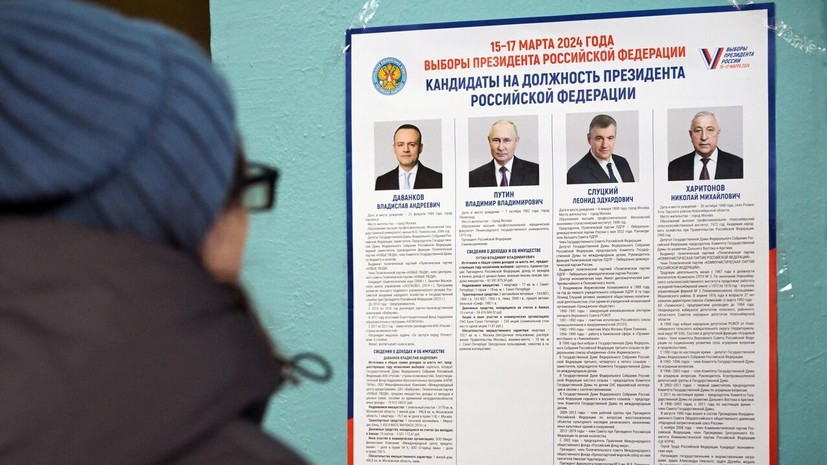Sofia, who lives in Narva, told RT that she was going to cross the border to vote in Ivangorod, Leningrad region.
Border guards warned the girl “that she might not be allowed back.”
“My sister, who has lived in Narva for 30 years, was reminded at the border about sanctions and fines, but she still voted,” Irina, a resident of Ivangorod, added in a conversation with RT.
RT's source in the law enforcement agency emphasized: now Estonians do not allow citizens of many countries to visit them, explaining this by the fact that the person allegedly poses a threat to national security.
Among them are those who came to Russia to vote and cannot return back.
In turn, Tatyana from Lappeenranta told RT that the Helsinki police took a long time to find out the reasons for the arrival: “We got there anyway, voted, but how the locals looked at us when we left the embassy... Such hatred in their eyes.”
The head of the Latvian Ministry of Justice, Inesa Libiņa-Egnere, previously threatened with criminal liability for participating in voting in the Russian presidential elections in Russian embassies.
She equated participation in the Russian presidential elections with support for the Northern Military District.
The official representative of the Russian Foreign Ministry, Maria Zakharova, told RT that the West has built a dictatorship in the Baltics, while declaring its desire to build democracy in the region.

